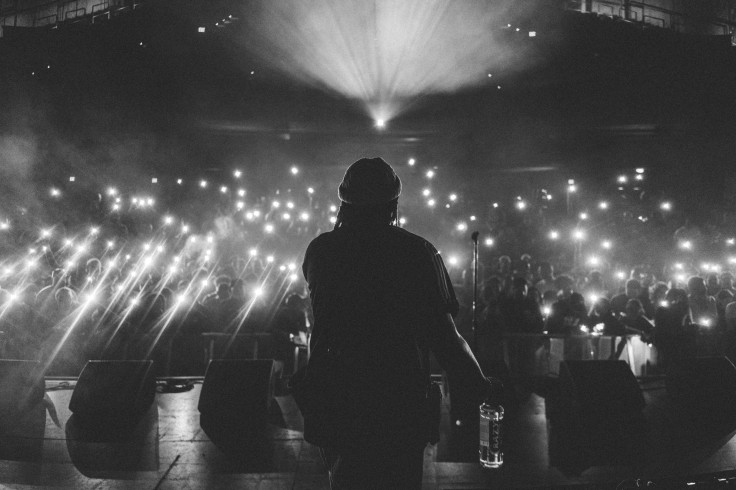Kneecap Mo Chara Court Battle: Are These Terrorism Charges or Targeted Political Persecution?
Mo Chara's trial highlights the clash between counterterror laws and music

A member of the Irish rap group Kneecap recently appeared in a London court, facing charges related to terrorism for purportedly showing support for the Lebanese militant organization Hezbollah.
Mo Chara, whose real name is Liam Óg Ó hAnnaidh, is at the center of this case following his June 2025 appearance at Westminster Magistrates' Court.
The charges, brought under the UK Terrorism Act, stem from a November 2024 London performance where he was filmed holding a Hezbollah flag on stage.
This high-profile case has sparked intense debate across the UK and Ireland, with supporters accusing authorities of political persecution, while officials insist it is a critical national security issue.
Background on Kneecap
Kneecap is a Belfast-based hip-hop trio consisting of Mo Chara, Móglaí Bap (Naoise Ó Cairealláin), and DJ Próvaí (J.J. Ó Dochartaigh).
Known for their blend of Irish and English lyrics, the group tackles politically charged themes and satirical commentary.
Since their formation in 2017, Kneecap's provocative style has attracted both attention and controversy, especially due to their references to Irish republicanism, drug culture, and criticism of the British government.
The band gained international recognition when their self-titled film premiered at Sundance in 2024, marking the first Irish-language film to appear at the festival.
Their 2024 album Fine Art also achieved commercial success, reaching number two in the Irish charts and solidifying their reputation as one of the most controversial bands in the UK and Ireland.
The Court Case Against Mo Chara
In May 2025, UK counterterrorism police charged Mo Chara after video footage surfaced from a November 2024 London concert showing him holding a Hezbollah flag and chanting support for militant groups.
He appeared at Westminster Magistrates' Court on 18 June, where he argued that the charges were filed too late.
His arrival sparked chaotic scenes as supporters gathered outside the court. His legal team has dismissed the prosecution as weak and an infringement on his right to free expression. The case is set to continue later in 2025.

Kneecap's Response and Claims of Political Persecution
Kneecap has rejected the terrorism allegations, insisting the flag incident was taken out of context. They claim the Hezbollah flag was thrown onto the stage by an audience member and briefly held before being discarded.
The band has framed the legal action as political persecution, a move aimed at silencing their outspoken views on British politics and Irish identity.
During their Glastonbury Festival performance in June, Kneecap led chants of "Free Mo Chara" and openly criticized Prime Minister Keir Starmer, portraying the trial as an attempt to criminalize dissent.
Supporters and Critics
The case has deeply divided public opinion. Kneecap has received support from influential artists like Brian Eno and Massive Attack, who have labeled the charges as censorship and warned that counterterrorism laws are being misapplied to silence musicians.
Supporters gathered outside the London court, as reported by Al Jazeera English, describing the case as a "political show trial" and "state intimidation," citing the band's solidarity with Palestinians and Irish nationalism as reasons for the targeting.
On the other side, politicians including Kemi Badenoch and John Swinney have condemned Kneecap's rhetoric, warning that their messages could exacerbate existing tensions in Northern Ireland.
Wider Cultural and Political Context
Mo Chara's court case has intensified scrutiny of Kneecap across the UK. Earlier in 2025, the group was dropped from Scotland's TRNSMT Festival over safety concerns, though they quickly sold out a Glasgow show.
Their April 2025 Coachella appearance featured projections of anti-Israel slogans, which led organizers to cut their livestream.
Despite losing bookings and representation, Kneecap has gained fierce defenders arguing for their right to protest and free expression.
This case has sparked a broader debate about where the line should be drawn between political activism and extremism in music and public discourse.
As one of the most audacious voices in Ireland and Britain, Kneecap's story remains a focal point in discussions about art, politics, and freedom of speech.
© Copyright IBTimes 2025. All rights reserved.





















